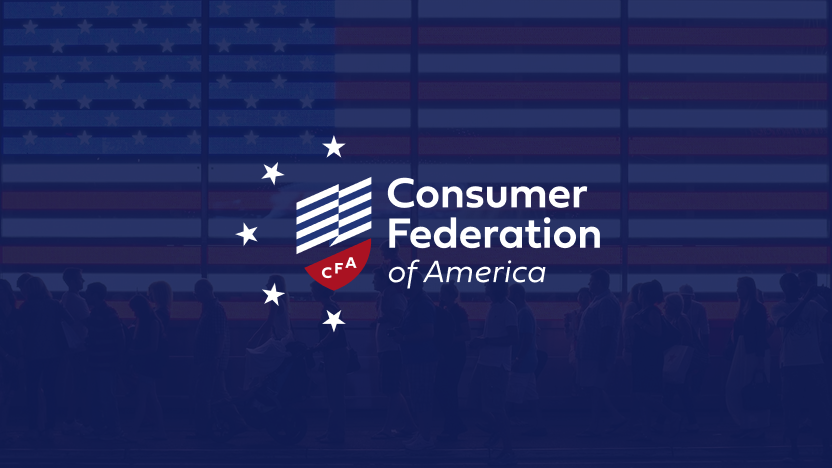Washington D.C. – Today, the Office of the Comptroller of the Currency (OCC) finalized the True Lender Rule, which fundamentally calls into question the power of state governments to independently regulate interest rate limits, and CFA warns, will unleash predatory lending in all 50 states.
The rule would protect predatory, nonbank lenders from state enforcement by overturning the long-standing true lender doctrine, which has been used by state regulators and courts to stop them from using banks to evade state interest rates.
“The OCC’s rule usurps state power to prevent usurious rates, regulate non-bank lenders, and uphold their state interest rate caps,” said Rachel Weintraub, Legislative Director and General Counsel with Consumer Federation of America. “Triple-digit interest rates are unconscionable, and the OCC’s rule eliminates state regulators’ key enforcement tool to protect consumers from these predatory products and the dire consequences of these products.”
Earlier this year, Attorney General Racine filed a lawsuit against Elevate for charging interest rates between 99 and 251%, arguing that Elevate, not the bank partner, was the true lender of the loan. Elevate was lending to DC residents with interest rates up to 42 times the legal limit.
“The country is facing unprecedented public health and financial crises, and we have seen, time and time again, that predatory lenders target the most vulnerable consumers. With this rule, the OCC is dismantling safeguards enacted by states to protect those consumers from vicious debt cycles,” said Rachel Gittleman, Financial Services Outreach Manager with Consumer Federation of America. “This rule will empower predatory lenders at a time when the OCC should be focused on protecting American consumers.”
Interest rate limits are the single most effective tolls that that states have to protect residents from predatory loans, and at least 45 states and the District of Columbia have enacted interest rate caps on installment loans, with median annual percentage rates of 25%-38.5% depending on the loan terms.[1] But predatory lenders have sought shelter in banks’ exemption from these state usury limits and have entered into rent-a-bank schemes where they launder loans through banks to be able to charge exorbitant interest rates. State regulators have long argued that the non-bank predatory lender is the true lender of the loan, as they have the predominant economic interest in the loan. However, the OCC’s rule states that by merely putting the bank’s name in the fine print, the bank becomes the true lender.
CFA urged the OCC to withdraw its proposal in individual comments and in a separate joint comment letter with 12 consumer and civil rights groups. CFA also joined a shorter comment letter submitted by more than 100 community based organizations across the nation.
[1] National Consumer Law Center, “State Rate Caps for $500 and $2,000 Loans,” February 2020. Retrieved from https://www.nclc.org/images/pdf/high_cost_small_loans/payday_loans/FactSheet-StateRateCap.pdf
Contact: Rachel Gittleman, 609-571-5953



